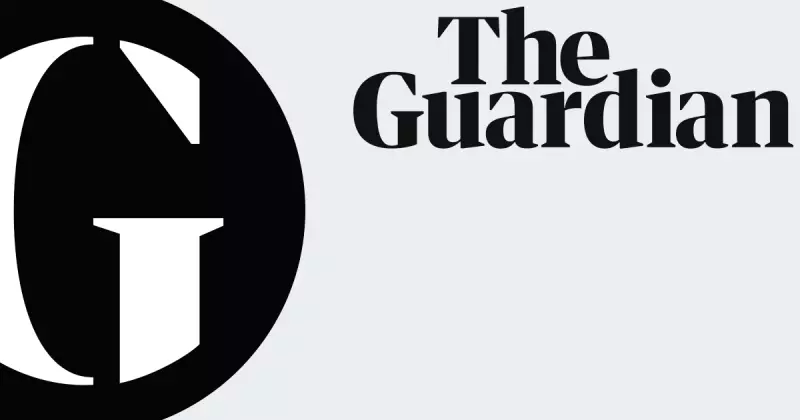
Britain stands on the precipice of a demographic revolution that could reshape our society, economy, and very way of life. While politicians focus on short-term issues, a silent crisis is unfolding that threatens to redefine the United Kingdom in the coming decades.
The Startling Numbers Behind Britain's Population Plunge
Recent data reveals a troubling trend: fertility rates across the UK have fallen dramatically below replacement level. The average woman now has just 1.6 children, far below the 2.1 needed to maintain population stability. This isn't a temporary blip but a fundamental shift that demographers warn could have catastrophic consequences.
Why Are Britons Having Fewer Children?
Multiple factors converge to create this perfect demographic storm:
- Economic pressures: Soaring housing costs and stagnant wages make starting a family increasingly unaffordable
- Career priorities: Women are pursuing education and careers, delaying childbirth until later in life
- Changing social norms: Society increasingly accepts child-free lifestyles as valid choices
- Environmental concerns: Younger generations express hesitation about bringing children into a climate-challenged world
The Economic Timebomb of an Ageing Population
As birth rates decline, Britain faces an unprecedented ageing crisis. The ratio of workers to retirees is shrinking rapidly, threatening the sustainability of our pension system, NHS, and social care infrastructure. Without enough young taxpayers to support the elderly, we risk creating a generational imbalance that could collapse public finances.
Immigration: Temporary Fix or Long-Term Solution?
While immigration has historically offset low birth rates, it presents its own challenges. Relying solely on immigration to solve demographic issues creates complex social and economic dependencies. Furthermore, as developing nations prosper, their citizens may become less inclined to emigrate, potentially drying up this population source.
What Does This Mean for Britain's Future?
The implications are profound and far-reaching:
- Economic stagnation: Shrinking workforces could lead to reduced productivity and innovation
- Housing market transformation: Demand patterns may shift dramatically as population dynamics change
- Public service strain: Healthcare and social care systems face unprecedented pressure
- Cultural shifts: Society may need to rethink traditional structures around work, retirement, and community
Is There a Way Forward?
Experts suggest that addressing this crisis requires bold, multifaceted approaches. From family-friendly policies that make childrearing more affordable to rethinking our approach to work and retirement, the solutions must be as complex as the problem itself. The time for quiet concern is over—Britain needs an honest conversation about its demographic future before the consequences become unavoidable.





